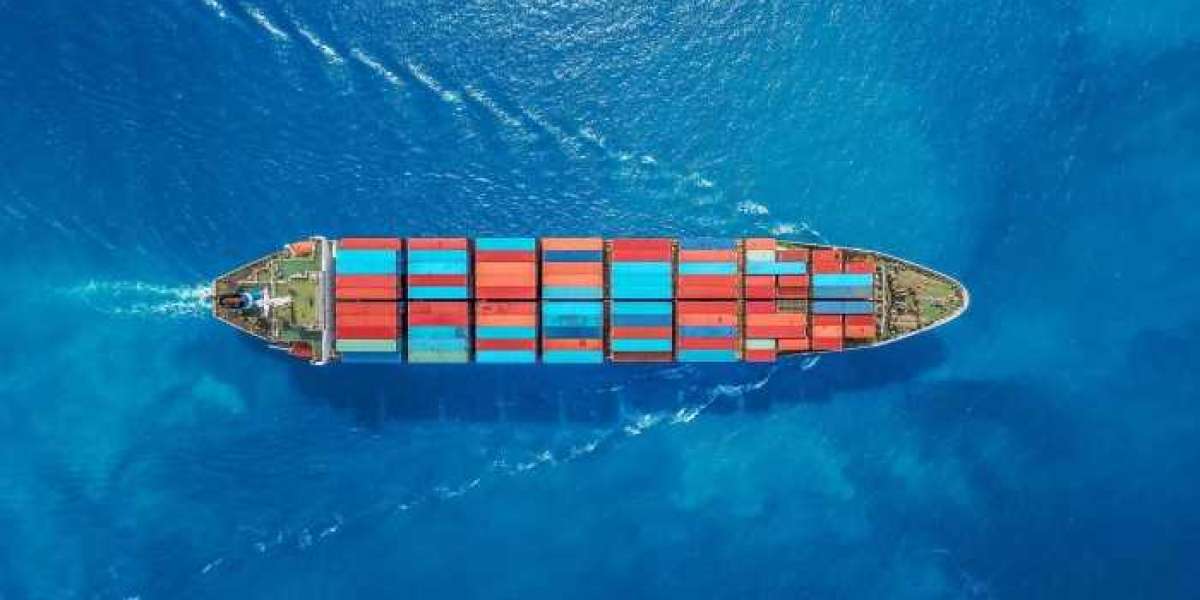Mumbai is one of India’s busiest port cities and a major hub for trade and logistics. With a growing demand for fast and efficient cargo movement, freight forwarding companies in Mumbai play an important role in handling imports and exports. However, the journey is not always smooth. These companies face several challenges every day while ensuring the goods reach their destination on time and safely.
1. Heavy Traffic and Congestion
Mumbai is known for its traffic. This becomes a big problem for freight movement. Cargo trucks often get delayed because of long traffic jams. This delay can affect the entire supply chain. Late deliveries can lead to customer dissatisfaction and losses.
2. Port Delays and Congested Docks
Mumbai’s ports are always busy with thousands of containers coming in and going out. Due to this, freight forwarding companies in Mumbai face delays at the docks. Loading and unloading take more time. Sometimes containers are stuck at ports due to customs issues or lack of space.
3. Changing Government Rules
Import and export rules in India can change suddenly. These rules may include customs duties, paperwork requirements, or shipping regulations. Freight forwarding companies in Mumbai must stay updated with these changes. If not, the goods may get delayed or fined at the border.
4. Complex Documentation
Shipping goods across borders involves a lot of paperwork. This includes bills of lading, invoices, certificates, and customs forms. A small mistake in documentation can stop the goods at customs. Freight forwarding companies in Mumbai must be extra careful with every detail to avoid penalties and time loss.
5. High Competition
There are many freight forwarding companies in Mumbai, and the competition is very high. Every company wants to provide better service at lower costs. This makes it difficult for smaller firms to survive. They must constantly improve their services to stay in the market.
6. Rising Fuel and Transport Costs
Fuel prices keep going up. As a result, the cost of transporting goods also increases. Freight forwarding companies in Mumbai have to find ways to manage these costs. Sometimes, they need to adjust their charges, which can affect customer satisfaction.
7. Security and Cargo Theft
Cargo theft is still a major problem, especially during road transport. Sometimes, goods are stolen or damaged during the journey. Freight forwarding companies in Mumbai must invest in proper safety measures like tracking systems and insurance to protect the goods.
8. Shortage of Skilled Staff
Freight forwarding requires people who understand international shipping rules, customs clearance, and logistics planning. But there is a shortage of such skilled workers. This puts more pressure on existing staff and affects the speed and accuracy of operations.
9. Weather Disruptions
Mumbai faces heavy rains during the monsoon season. This often leads to waterlogging and transport delays. Ports may also shut down temporarily. Freight forwarding companies in Mumbai must plan ahead to manage such weather-related risks.
10. Technology Adoption
Many freight forwarding companies in Mumbai still use traditional methods. Switching to digital systems like automated tracking, online documentation, and real-time updates can improve efficiency. However, the cost of technology and training often becomes a barrier.
Conclusion
Freight forwarding companies in Mumbai face many daily challenges from traffic issues and port delays to rising costs and complex rules. Despite these problems, they continue to play a key role in keeping trade running smoothly. With better planning, use of technology, and a skilled workforce, these companies can overcome these challenges and offer better services in the future.







